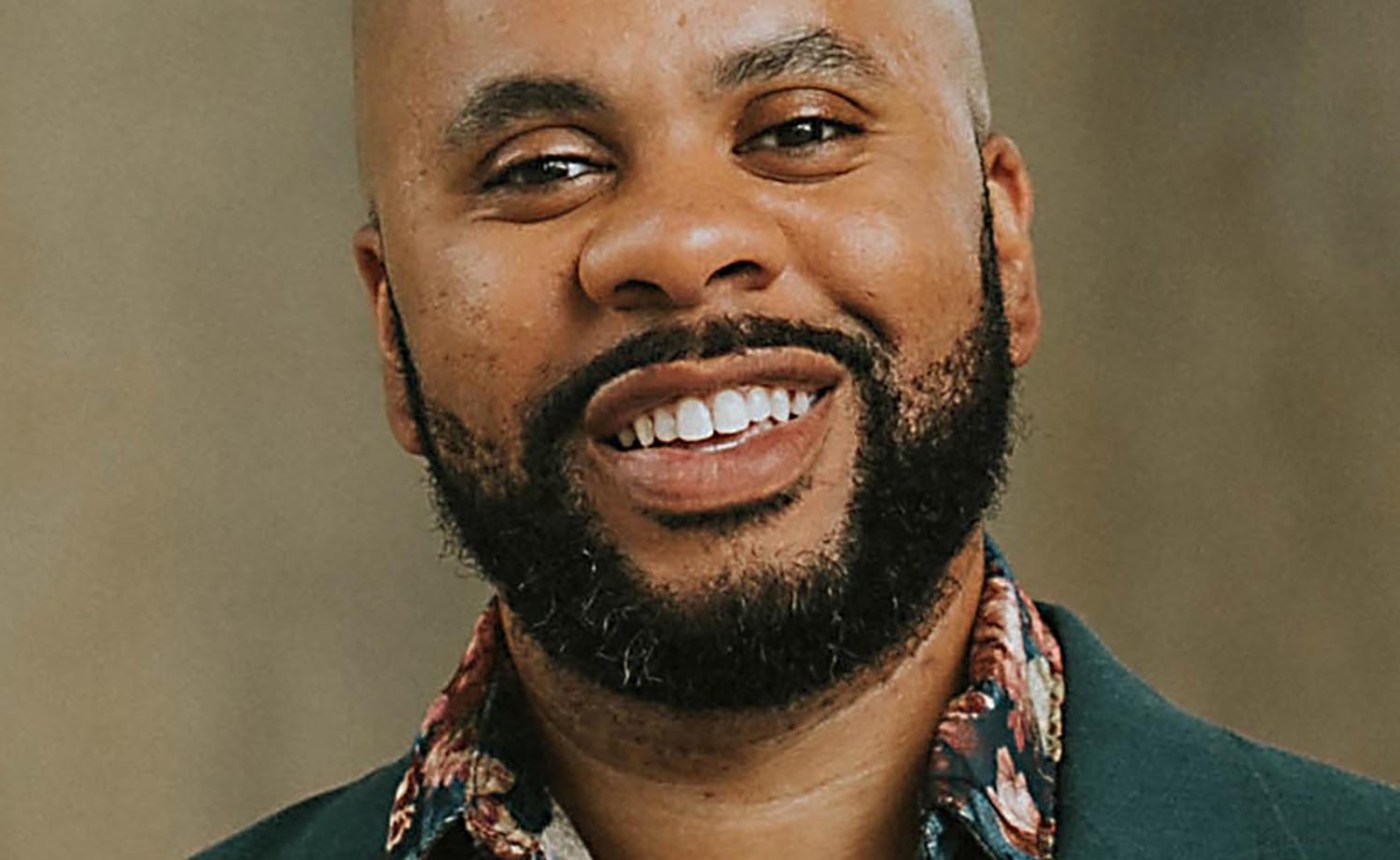Dear Eric: I am friends with a person I dated for a short while. We’re in our 50s. The only reason I still see her is that she doesn’t have any other friends.
Related Articles
Asking Eric: My neighbor yells at me when I try to reclaim my yard from her ‘wilding’
Asking Eric: He says I’m being petty about his Netflix misdeed
Asking Eric: Not everyone who pees in the yard has a mental disorder
Asking Eric: Would it be tacky to display photos of our real wedding?
Asking Eric: Should I tell well-wishers what I learned after my boyfriend died?
She is also a sole parent to a difficult teen who also has no friends and has no desire to make any (she tells me this). I do not enjoy her company, although she is a good person.
It’s not as though I have a stellar social life myself, but I really do not want to hang out with her anymore. I do it because if I don’t she will have no one, but it is getting harder to do.
I also think that she hopes that we will eventually become romantic partners again but I have no interest in that with her and have been clear about that.
Also, I feel I can’t date anyone else because she will be hurt (she has told me that).
I do care about her welfare. I think I need to limit how often we meet. It used to be weekly but because of vacations and being busy at work I haven’t seen her for about six weeks and it’s been so nice. Now she wants to get together again. I don’t know what to do.
– Friend Dilemma
Dear Friend: While your intentions may be good, the situation you’re in isn’t working for anyone.
You, by your own admission, don’t like this person. So, don’t hang out with her.
Friend breakups can be hard because it’s often uncomfortable to formalize something that only exists in feelings. But it sounds like that’s what both of you need at this point in your relationship.
There are a couple of concerning details here. For instance, she doesn’t want you to date anyone else and you’ve acquiesced to that. That’s not a healthy friendship. She has to accept your breakup. That’s not work you can do for her. Furthermore, a good friend isn’t going to try to control your behavior or block you from romantic happiness.
Transitioning from dating to platonic friendship isn’t always easy or natural. It takes intention on both sides and good boundaries. There may come a time when you can be in each other’s lives and have that friendship be of mutual benefit. But right now you should be direct and kind, but honest.
Dear Eric: An acquaintance of mine has a perpetual mindset of “woe is me”.
They have definitely had a hard life: poor family dynamics, health issues, very few friends and a lack of a support system. However, no conversation with them is ever able to go anywhere but through all the hardships they’ve dealt with, past and present.
We only communicate over text now. It’s almost always something negative, and I don’t bother replying. On the rare occasion that it’s something good, like trying a new medication, starting to exercise or getting a job again, I respond with encouragement and praise. But even the good news devolves into more complaints about what isn’t going right.
I know this person is reaching out because they need support. The reason we bonded in the first place was because I have gone through extensive issues of my own that they have also struggled with. It was a relief to have someone who understood those first few months. Now, even the thought of this person exhausts me.
I know I’m not obligated to give more of myself than I can, and that this isn’t a real friendship with the dynamics being the way that they are. Still, I want to be compassionate.
Is there any way I can say (while still being kind), “I don’t want to interact with you if you’re only going to complain; we could have an actual friendship if we talk about other things”?
– Not Your Therapist
Dear Therapist: Sometimes compassionate friendship means offering a listening ear, a shoulder to cry on or a sounding board for complaints. But at other times, it means setting a clear boundary so that the friendship can flourish in a healthy way.
Related Articles
Harriette Cole: How can I tell my friend I dread our conversations?
Miss Manners: It’s a party invitation! Why do they act like it’s some big chore?
Dear Abby: I’m hurt that our family isn’t the grandparents’ priority
Asking Eric: My neighbor yells at me when I try to reclaim my yard from her ‘wilding’
Dear Abby: My miracle was all over social media, but my family is still shunning me
This is best done in person, or on the phone, rather than by text. But you can and should say, “It’s hard for me to only talk about what’s gone wrong. I want to support you, but I’d like to also talk about things that are positive or encouraging to both of us. Would you be open to me redirecting the conversation when it gets too negative?”
Another option, which is useful in all kinds of relationships, is the question, “Are you looking for advice or do you just need to vent?” At times, the answer is “just vent” and that’s fine. It’s also sometimes appropriate to say, “Roger that. I’m not a good audience for venting right now.”
Send questions to R. Eric Thomas at eric@askingeric.com or P.O. Box 22474, Philadelphia, PA 19110. Follow him on Instagram @oureric and sign up for his weekly newsletter at rericthomas.com.












